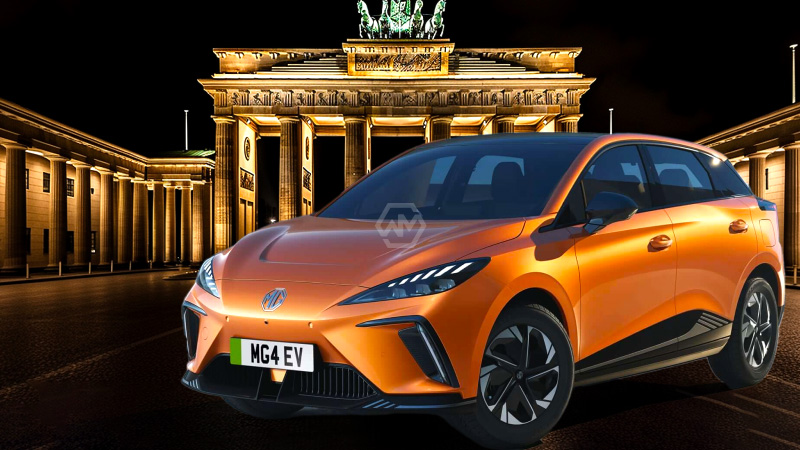- The EU raises tariffs on Chinese EVs, citing unfair subsidies.
- Tariffs range from 17.4% to 37.6%, in addition to the existing 10% duty.
- European and Chinese EV manufacturers will face increased costs, prompting some to localize production in the EU.
The European Union has increased tariffs on Chinese electric vehicles to protect its motor industry, with new tariffs ranging from 17.4% to 37.6%, in addition to an existing 10% duty.
This move responds to alleged unfair subsidization by China, allowing their EVs to be sold at lower prices compared to those produced within the EU. The tariffs could make Chinese EVs less affordable for European consumers, potentially slowing their adoption in the region.
New Tariffs on Chinese EVs: EU’s Strategic Move
The impact will be felt by both Chinese manufacturers and Western firms producing in China. Companies like SAIC, BYD, and Geely will face higher costs when exporting to Europe. However, some Chinese EV manufacturers, such as BYD and Chery, are planning to establish production facilities within the EU, which could mitigate the impact of these tariffs and help them maintain market share.
Chinese EV manufacturers like SAIC, BYD, and Geely are set to experience increased export costs to Europe. SAIC, facing the highest tariff at 37.6%, will be significantly impacted. These companies must navigate the new trade landscape, potentially reducing their competitive pricing advantage in the European market.
Western firms with production bases in China will also be affected by the tariffs. Companies that cooperated with the EU’s investigation will face a 20.8% duty, while those deemed non-cooperative will face the maximum 37.6% tariff. This differentiation in tariffs indicates the EU’s strategic intent to encourage compliance and fair trade practices.
In response to these tariffs, some Chinese EV manufacturers are shifting their production to the EU. BYD is constructing a factory in Hungary, and Chery has entered a joint venture in Spain. These moves aim to localize production, circumventing tariffs, and maintaining competitiveness in the European market.
The EU’s new tariffs on Chinese electric vehicles represent a strategic effort to protect its motor industry and promote fair competition. While challenging for Chinese manufacturers, the move could lead to increased localization of production within Europe, benefiting the regional economy.
“It’s a well architected plan to encourage companies to shift their investments to the EU, instead of relying on exporting from China.”
— Bill Russo, Automobility.



